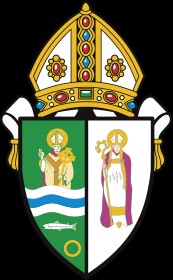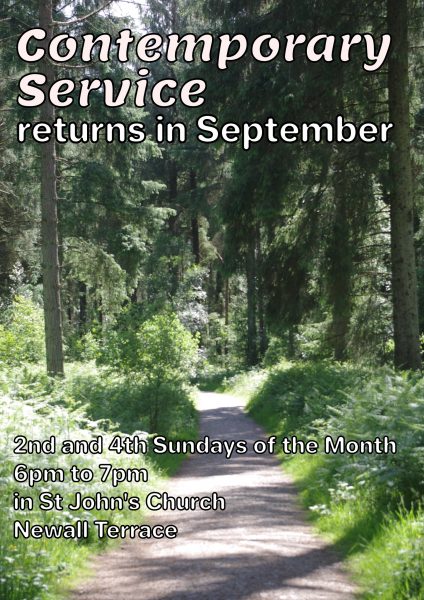
Haggis, neeps and tatties will be on the menu for many people tonight as they toast and celebrate our national bard. Robert Burn’s humble, agricultural background made him in some ways a spokesperson for every Scot, especially the poor and disenfranchised. He was aware of humanity’s unequal condition and wrote of it and of his hope for a better world of equality throughout his life in epistle, poem, and song—perhaps most eloquently in the recurring comparison of rich and poor in the song “For A’ That and A’ That,” which resoundingly affirms the humanity of the honest, hard-working, poor, man: “The Honest man, though e’er sae poor; Is king o’ men for a’ that.”
This topic of equality runs through Scripture. No one is better than the other. We are all of equal importance and worthy of equal respect no matter our background, culture sex or race. Whilst we are all equal in our importance, we are all different. We have different gifts and talents that we are to use for the benefit of others.
SCRIPTURE READING 1 Corinthians 12: 12-31a
One Body with Many Members
For just as the body is one and has many members, and all the members of the body, though many, are one body, so it is with Christ. For in the one Spirit, we were all baptized into one body—Jews or Greeks, slaves or free—and we were all made to drink of one Spirit.
Indeed, the body does not consist of one member but of many. If the foot would say, “Because I am not a hand, I do not belong to the body,” that would not make it any less a part of the body. And if the ear would say, “Because I am not an eye, I do not belong to the body,” that would not make it any less a part of the body. If the whole body were an eye, where would the hearing be? If the whole body were hearing, where would the sense of smell be? But as it is, God arranged the members in the body, each one of them, as he chose. If all were a single member, where would the body be? As it is, there are many members, yet one body. The eye cannot say to the hand, “I have no need of you,” nor again the head to the feet, “I have no need of you.”

On the contrary, the members of the body that seem to be weaker are indispensable, and those members of the body that we think less honourable we clothe with greater honour, and our less respectable members are treated with greater respect; whereas our more respectable members do not need this. But God has so arranged the body, giving the greater honour to the inferior member, that there may be no dissension within the body, but the members may have the same care for one another. If one member suffers, all suffer together with it; if one member is honoured, all rejoice together with it.
Now you are the body of Christ and individually members of it. And God has appointed in the church first apostles, second prophets, third teachers; then deeds of power, then gifts of healing, forms of assistance, forms of leadership, various kinds of tongues. Are all apostles? Are all prophets? Are all teachers? Do all work miracles? Do all possess gifts of healing? Do all speak in tongues? Do all interpret? But strive for the greater gifts.
Often Scripture refers to us as members of one body, each fulfilling a different part but all are necessary and essential. We are interdependent on one another, and in this final day of the week of Christian Unity, we are encouraged to embrace difference and diversity and to respect and honour all. Jesus is the paragon of respecting and honouring all. He touched and blessed the lives of the poor and the rich. He had a particular heart for the poor and from Jesus’ own upbringing he could understand their position and reached out to them in love. He encouraged others to mind the poor and to be generous towards them. In our society today it is regrettable that we have a rich and poor divide and that there is a growing increase in the number of poor. We are called to play our part for a better world as Robert Burns wrote in his poems and songs and as Christ demonstrated to us. Christ prayed that his relationship with the Father would be mirrored in our relationships with each other, that “they may be one as we are one.”

REFLECTION
In what ways is your relationship with God one?
In what ways is your relationship with others one?
What inequalities in society are you aware of and what action might be taken?
SONG
PRAYER FOR UNITY

Lord Jesus, who prayed that we might all be one,
we pray to you for the unity of Christians,
according to your will,
according to your means.
May your Spirit enable us
to experience the suffering caused by division,
to see our sin
and to hope beyond all hope. Amen.







